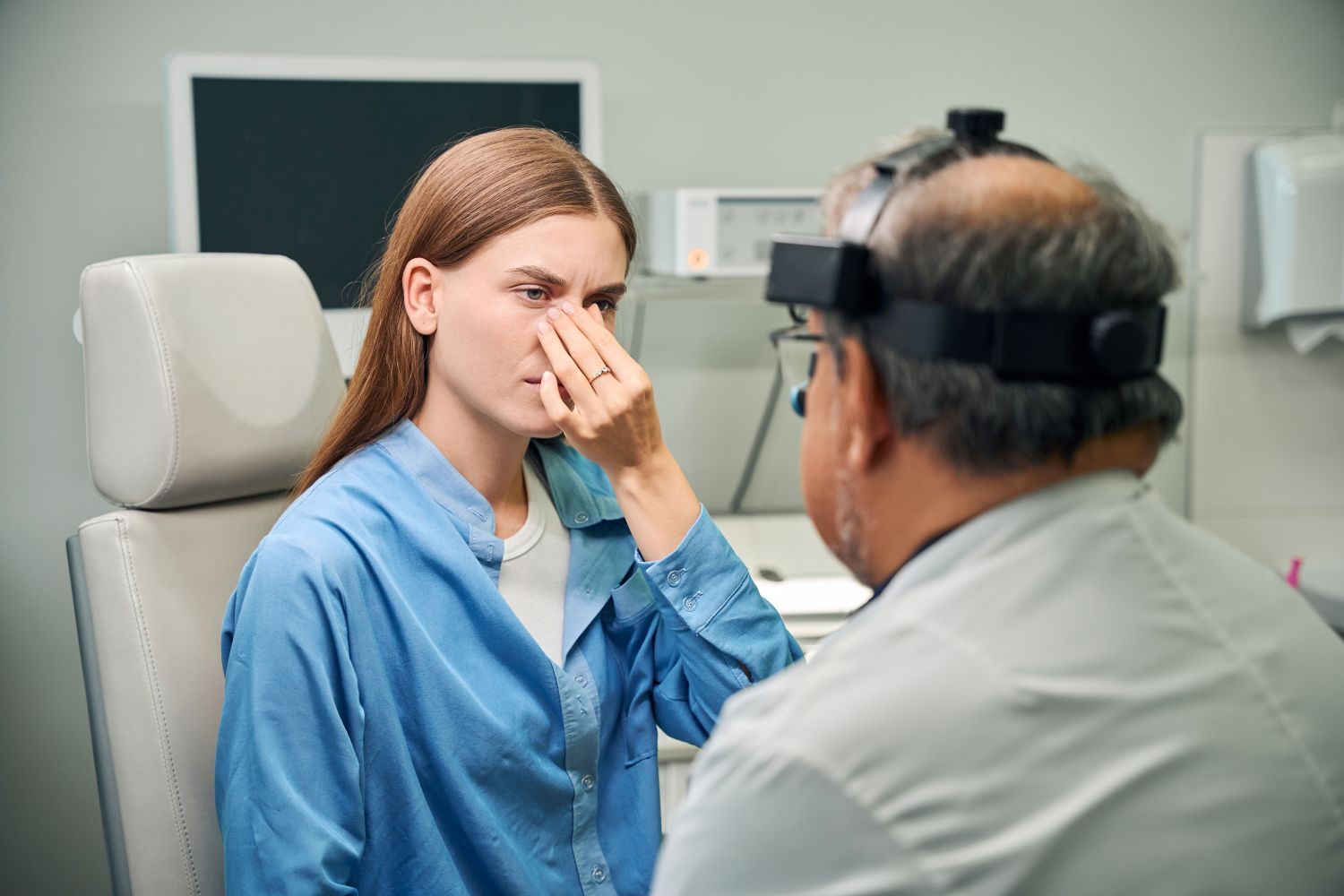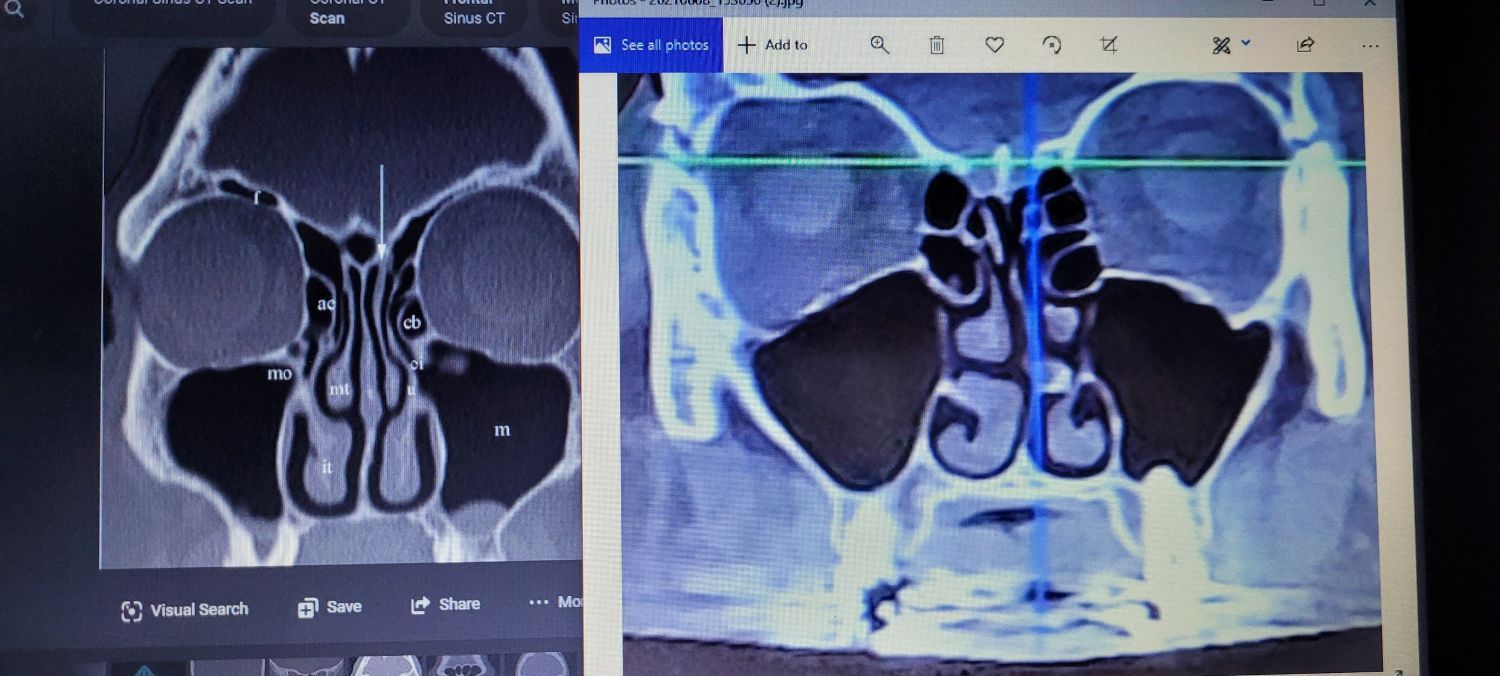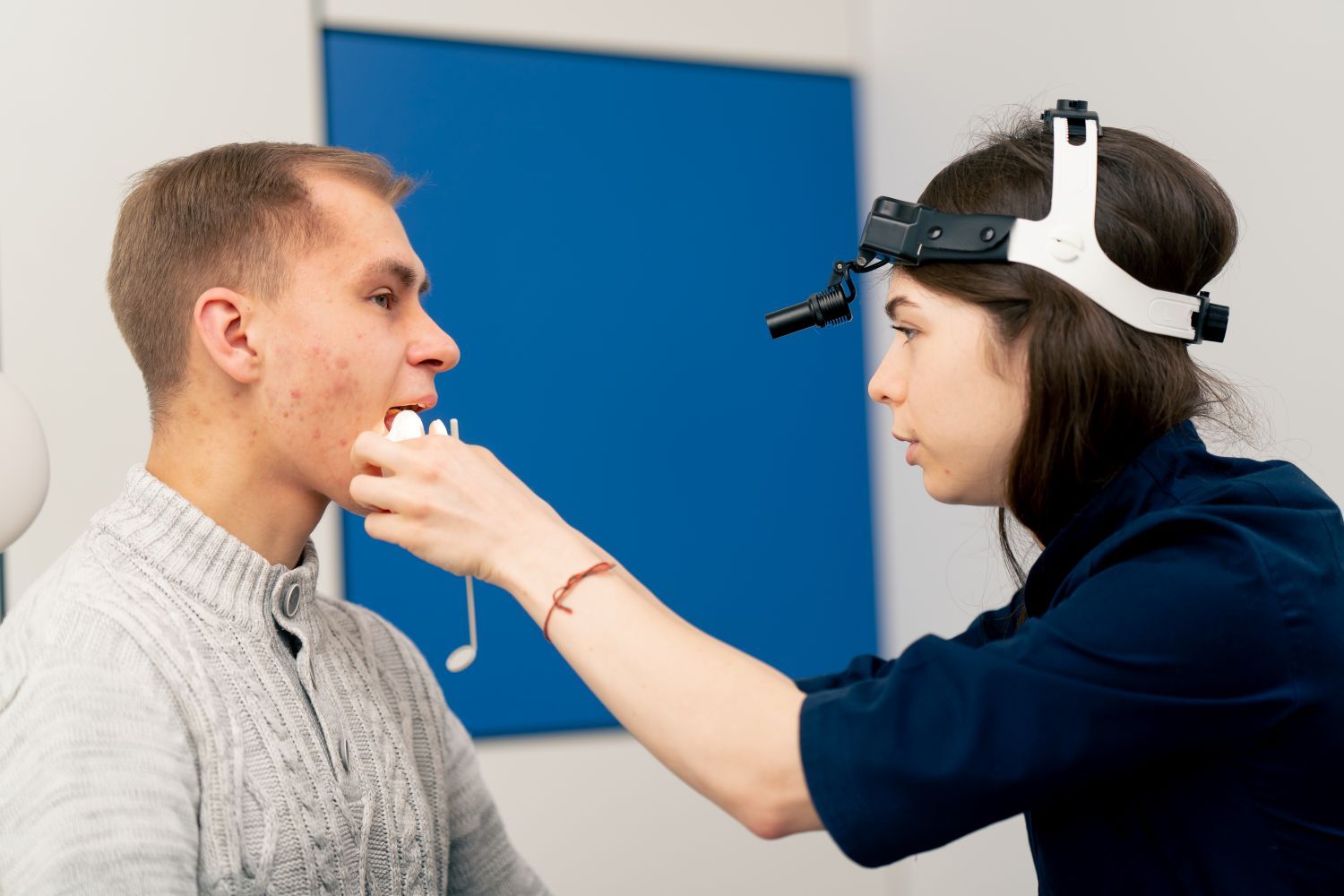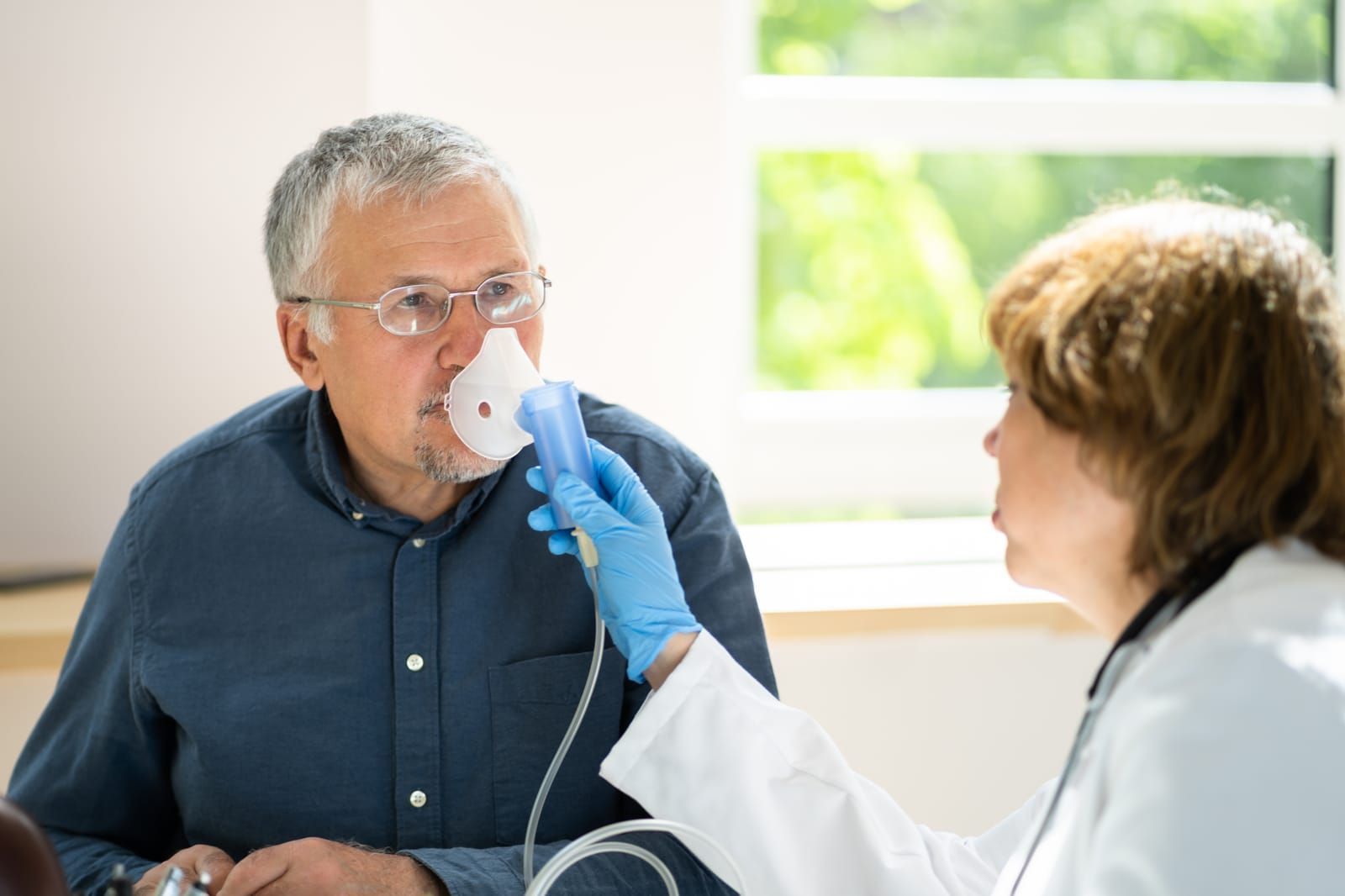The Link Between Snoring and Health Disorders
In the quiet hours of the night, a symphony of sounds can emerge from our bedrooms, often unnoticed by the culprit themselves—snoring. While snoring might be considered a mere annoyance or even a punchline in sitcoms, it can have deeper implications for our health. Emerging research is shedding light on the intricate link between snoring and various health disorders, highlighting the need for a closer examination of this nighttime habit.
Read on to explore the link between snoring and health disorders.
The Mechanics of Snoring
Snoring results from the narrowing or partial obstruction of the airways during sleep. As air struggles to pass through the restricted passage, it causes the surrounding tissues to vibrate, resulting in a distinctive snoring sound. While occasional snoring is common and often harmless, persistent and loud snoring might indicate an underlying issue that warrants attention.
Cardiovascular Complications
Studies have unveiled a compelling connection between chronic snoring and cardiovascular disorders. In fact, sleep apnea, where repeated pauses in breathing occur while someone is asleep, often leads to cardiovascular disorders. Think of it this way: when the body gets less oxygen, it triggers a stress response, which causes blood pressure to spike. Over time, this consistent elevation in blood pressure can contribute to hypertension, a major risk factor for heart disease, stroke, and other cardiovascular problems.
Furthermore, sleep apnea has been associated with arrhythmias, which can disrupt the heart's rhythm and potentially lead to more severe complications. Because the two are so closely linked, it’s best to address sleep apnea and snoring quickly to help remove the pressure on the cardiovascular system. By removing the underlying condition, complications can be mitigated.
Cognitive Consequences
Snoring impacts both the body and cognitive function. When a patient is facing recurrent interruptions in their sleep from either snoring or sleep apnea, they’re unable to reach the deep, restorative stages of sleep the body—and mind—need. As a result, daytime sleepiness, difficulty concentrating, and memory problems may ensue. These symptoms can significantly impact daily life, productivity, and overall quality of life.
Metabolic and Weight Factors
Snoring can also play a role in metabolic and weight-related health disorders. Sleep apnea disrupts the body's hormonal balance, which can lead to insulin resistance and an increased risk of type 2 diabetes. Moreover, inadequate sleep has been linked to imbalances in hunger-regulating hormones, which can contribute to weight gain and obesity. Sleep is extremely important as it allows the body to function normally, so a break in sleep can be extremely detrimental.
Snoring's Impact on Relationships
Beyond its physical health implications, chronic snoring can strain interpersonal relationships. Partners of snorers often suffer from sleep disturbances, leading to resentment, irritability, and even separate sleeping arrangements. The strain on relationships can further exacerbate stress levels and potentially contribute to overall health issues.
Become a member of the Snot Force Alliance and engage in in-depth discussions surrounding all aspects of respiratory health. We aim to foster collaboration among ear, nose, and throat specialists, promoting innovation and advancing medical practices for a healthier future. Join the force today and be a part of driving progress!













